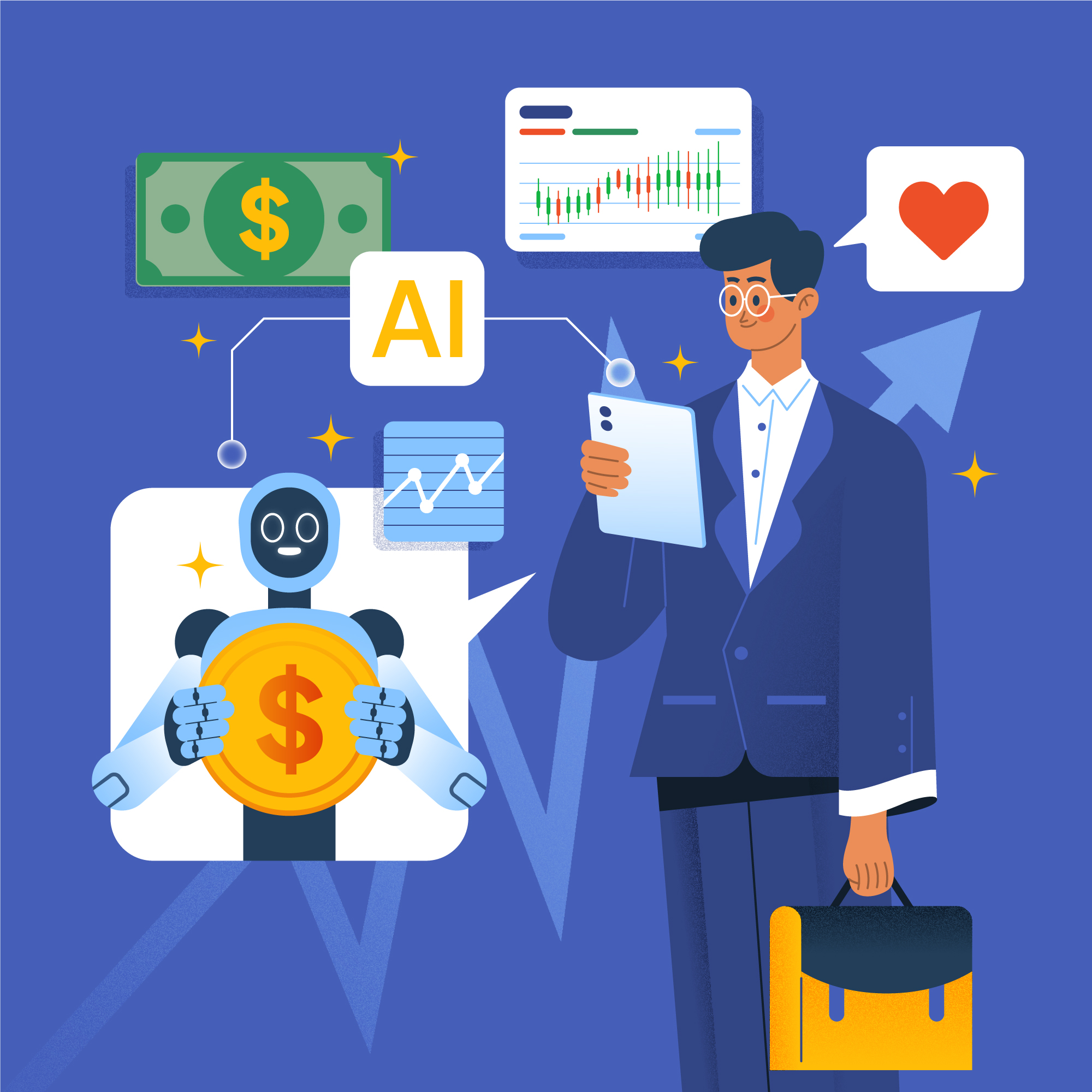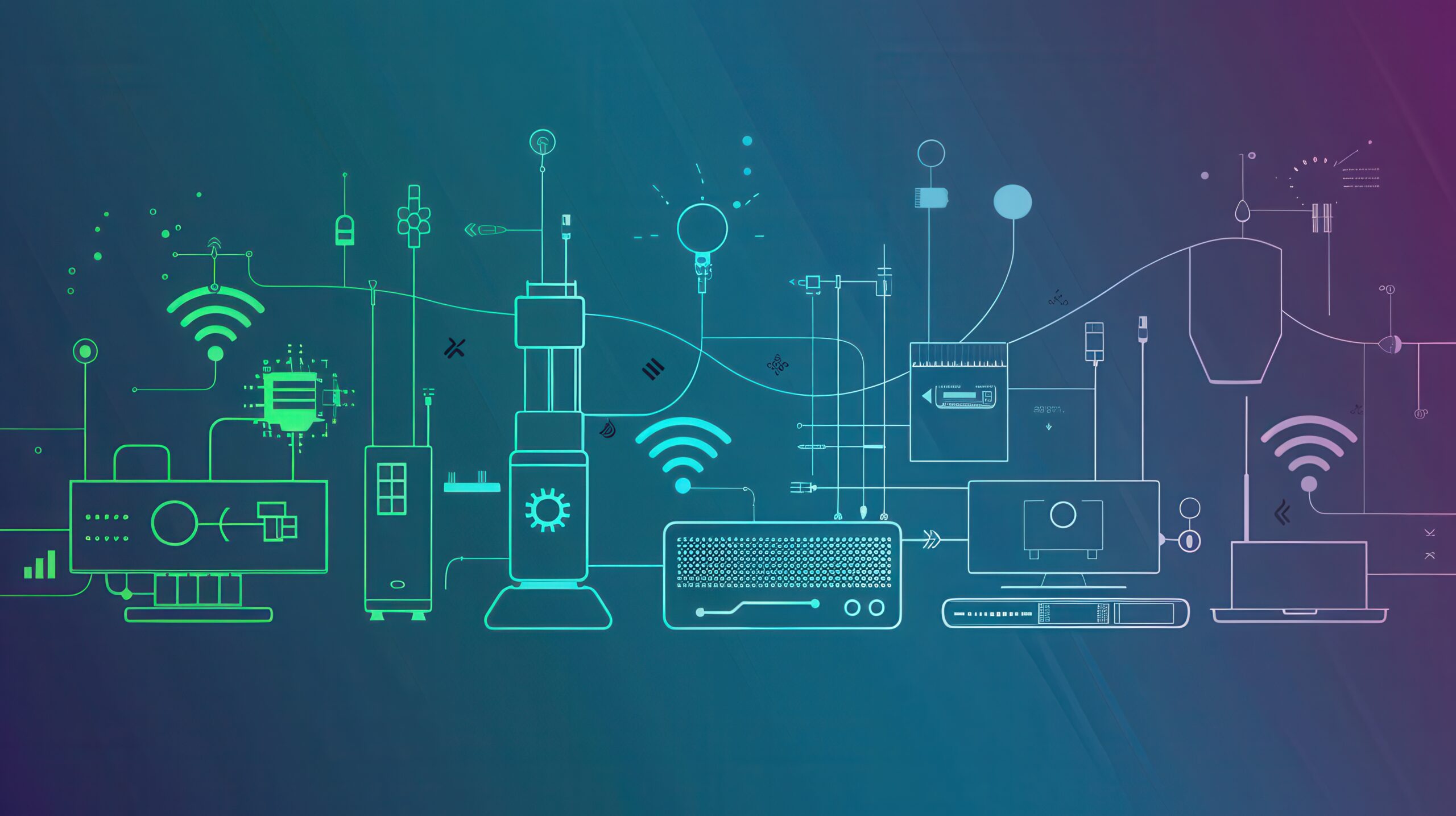As artificial intelligence (AI) continues to evolve and integrate into various aspects of our lives, its ethical implications have become a topic of intense discussion. From healthcare and finance to education and entertainment, AI’s transformative potential is enormous. However, with great power comes great responsibility. The moral and ethical challenges posed by intelligent machines are complex and multifaceted, requiring careful consideration and proactive measures.
Bias and Fairness: Ensuring Equitable AI Systems
At the heart of AI ethics is the question of bias and fairness. AI systems, particularly those based on machine learning, learn from vast amounts of data. If the data they are trained on is biased, the AI’s decisions will be too. For instance, an AI used in hiring processes might inadvertently favor certain demographics over others if it learns from biased historical hiring data. This can lead to unfair treatment and discrimination, perpetuating existing inequalities. Ensuring that AI systems are trained on diverse and representative data sets, and regularly auditing these systems for bias, is crucial to mitigate these risks.
Transparency and Accountability: Opening the AI Black Box
Another significant ethical concern is transparency and accountability. AI systems often operate as “black boxes,” making decisions through processes that are not easily understood by humans. This lack of transparency can be problematic, especially in critical areas like healthcare and criminal justice, where decisions can have profound impacts on individuals’ lives. There is a growing call for explainable AI (XAI), which aims to make AI decision-making processes more transparent and understandable to humans. This would enable users to trust AI systems and hold them accountable for their decisions.
Privacy Concerns: Balancing Benefits and Rights
Privacy is also a major issue in AI ethics. AI technologies, particularly those involving big data and surveillance, can infringe on individuals’ privacy. Facial recognition technology, for example, can be used for mass surveillance, raising concerns about the right to privacy and the potential for misuse by governments and corporations. Striking a balance between the benefits of AI surveillance, such as enhanced security, and the protection of individual privacy rights is a delicate and ongoing challenge.
Job Displacement: Addressing Economic and Social Impacts
The potential for job displacement due to AI automation is another ethical consideration. While AI can enhance productivity and create new job opportunities, it can also render certain jobs obsolete. This raises questions about the social and economic impacts of AI, particularly for workers in industries most susceptible to automation. Preparing for this transition through policies that promote education, retraining, and social safety nets is essential to ensure that the benefits of AI are equitably distributed.
Preventing Misuse: Ensuring Ethical AI Development
The ethical design and use of AI also involve considering the potential for misuse and harm. Autonomous weapons, for instance, pose significant ethical and moral dilemmas. The idea of machines making life-and-death decisions without human intervention is deeply unsettling and raises questions about the future of warfare and global security. Establishing international agreements and regulations to govern the development and use of such technologies is critical to prevent misuse and ensure global safety.
AI Rights: Considering the Moral Status of Intelligent Machines
Moreover, the concept of AI rights is emerging as a topic of ethical debate. As AI systems become more advanced, questions arise about their status and rights. Should highly intelligent AI systems be granted certain rights, or are they merely tools created by humans? This debate touches on fundamental questions about the nature of intelligence, consciousness, and the moral consideration of non-human entities.
Collaborative Efforts: Creating Ethical Guidelines and Regulations
Navigating the moral implications of intelligent machines requires a collaborative effort across various stakeholders, including technologists, ethicists, policymakers, and the public. It involves establishing ethical guidelines and regulatory frameworks that promote the responsible development and use of AI. Organizations like the European Union have taken steps in this direction with initiatives like the General Data Protection Regulation (GDPR) and the proposed AI regulation that aims to ensure AI systems are used ethically and transparently.
Conclusion: The Ethical Journey Ahead
In conclusion, as AI technology continues to advance and permeate different sectors, the ethical considerations surrounding its use become increasingly important. Addressing issues of bias and fairness, transparency and accountability, privacy, job displacement, misuse, and even AI rights is crucial to ensuring that AI serves the greater good. By fostering a collaborative and proactive approach to AI ethics, we can navigate the moral landscape of intelligent machines and harness their potential for the benefit of society while mitigating the risks. The future of AI is not just a technical challenge but a profound ethical journey that requires thoughtful deliberation and responsible action.






